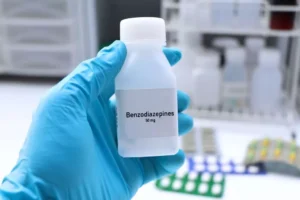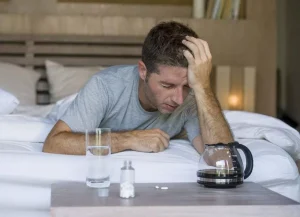
In this week’s blog post, we’ll dive into the facts, myths, and best practices surrounding alcohol consumption while on blood thinners. If you’re concerned about how alcohol may impact your health and wondering, “Does alcohol thin your blood? Our tailored treatment levels and top-notch professionals drinking on blood thinners guide you through evidence-based therapies. Long-term heavy drinking is linked to an elevated risk of several cancers, including liver, breast, esophagus, and mouth cancers. Discover effective ways to manage common heart palpitations at home by incorporating clear strategies into your routine. By gaining a deeper understanding of when to seek medical advice, you can take proactive steps towards achieving optimal cardiovascular health and well-being.
Are some blood thinners different than others in this regard, or is it all the same risk?
This is especially true for medications such as warfarin (Coumadin) and Aggrenox, where heavy drinking increases the risk of stomach bleeding. Furthermore, binge drinking can impair balance and coordination, increasing the risk of falls and injuries. This is particularly dangerous for individuals taking blood thinners, as even a minor injury can result in excessive bleeding.
- Recognizing and addressing alcohol misuse is a crucial step for anyone, especially for those taking blood thinners like Eliquis.
- For people taking warfarin, a common blood thinner, alcohol can enhance this effect, and heavy drinking increases the risk of stomach bleeding.
- Although alcohol reduces blood clotting, it should never be used as a replacement for anticoagulants.
- Eliquis is the go-to for a host of conditions that necessitate blood thinning.
Understanding the Interaction between Alcohol and Blood Thinners
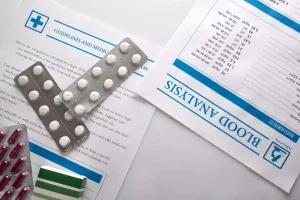
Firstly, alcohol can increase the risk of bleeding when taken with blood thinners. This is because alcohol, similar to blood thinners, interferes with the body’s ability to form blood clots. As a result, people taking blood thinners may experience heavier bleeding from cuts, injuries, or even minor scratches, which can take longer than usual to stop. If you are taking blood thinners and want to drink alcohol, it is important to speak to your doctor first.
Eliquis and Alcohol
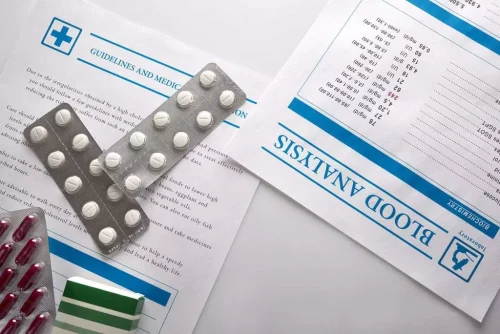
Eliquis inhibits factor Xa, a pivotal enzyme in the clotting cascade, thereby reducing the likelihood of clot formation. This inhibition disrupts the propagation phase of the coagulation cascade, thereby decreasing the ability to form blood clots. Although alcohol reduces blood clotting, it should never be used as a replacement for anticoagulants.
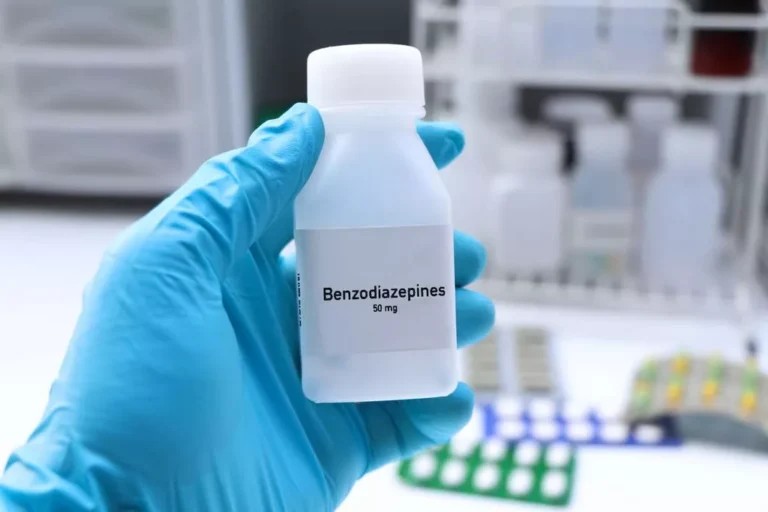
- While massage is unlikely to directly dislodge a blood clot, it does pose some risks in certain cases.
- Blood thinners slow parts of this process, making blood clots form more slowly.
- You can drink coffee while taking Eliquis, as there are no specific interactions between caffeine and the medication.
- However, because they affect the clotting process, patients on blood thinners need to be cautious about activities and substances that can influence bleeding and clotting.
- This heightened risk of bleeding can be quite dangerous, potentially escalating minor injuries into severe bleeding events.
- Addiction Resource is not a healthcare provider, nor does it claim to offer sound medical advice to anyone.
To control excessive bleeding and ensure an injury does not become life-threatening, the blood clots. When alcohol is introduced into the equation, the blood’s ability to clot is compromised. Research has found that alcohol affects the process of blood coagulation. “Coagulation” is a term alcohol rehab used to describe the process of blood cells known as platelets sticking together. When a person experiences an injury, those platelets travel to the area to form together into a blood clot to stop the bleeding.
Do lisinopril and alcohol mix?
- While moderate alcohol consumption is generally considered safe with Xarelto, heavy or binge drinking can significantly increase the risk of excessive bleeding.
- It can alter the effectiveness of the medication, making it less effective or increasing the risk of heavier bleeding.
- Traumatic injuries are one of the most common causes of bleeding, but sometimes you can bleed spontaneously.
- To mitigate alcohol misuse in individuals taking Eliquis, it is recommended for them to practice moderation in alcohol consumption and consider behavioral therapies, such as counseling, for additional support.
- Additionally, alcohol is classified as a Group 1 carcinogen by the International Agency for Research on Cancer, indicating a high risk for cancer development, similar to asbestos and tobacco.
Patients must consult with healthcare providers to determine the most appropriate type of blood thinner for their condition, and to receive guidance on potential side effects and necessary precautions. EMedicineHealth offers a comprehensive list of common blood thinners and their brand names for further reference. While highly effective, blood thinners must be used with caution due to the risk of excessive bleeding. It is important for patients to be closely monitored and to follow their healthcare provider’s instructions to minimize potential side effects, such as bleeding complications.
